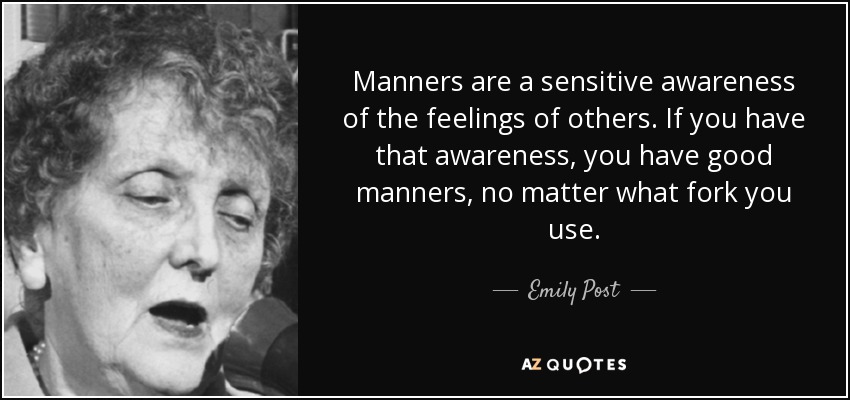דרך ארץ / Derekh Eretz literally means the path or way of the land but is also the term used for being polite.
I want to talk a bit about the protests taking place in support of Hamas and Palestinians on college campuses. I am not going to talk about the political and historical issues. There are lots of people who are much smarter than I amand are real experts on both the history and the politics.
What I do want to talk about is דרך ארץ/Derekh Eretz.
If you watch old cartoons from the 1930s there are a few things that are striking. I am not talking about the beautiful hand drawn art-work. It was completely OK for completely racist depictions of Blacks, of Jews, of Asians, of native Americans and the list should also include nearly every other national and ethnic group. In those days those depictions were just part of what was thought of as funny.
When my parents were little kids they both learned racist songs and chants in the playground and in school. It's just how life was in those days.
In the intervening decades, we as a society, learned that it just isn't polite to have those racists rhymes, counting out chants and song parodies be part of children's lives. Those songs and chants are hurtful and harmful and are best left in the dustbin of history.
Over the decades we have also learned as a society that some terms and expressions that were part of the vernacular actually contained within them racist language. While some people felt that it was their right to continue using insulting language most reasonable people began to realize that it just wasn't nice to continue using those expressions.
One of the things that emerged from the Black Lives Matter movement was a sensitivity to language that might be traumatizing to listeners. There was a great deal of talk about microaggressions, language that might seem innocent to the speaker but was in reality coded aggressions and put downs of the listeners. The words may have been said with no mal-intent but they were nevertheless hurtful.
College professors were expected to be aware that discussing certain topics and the language used to discuss those topics might be traumatising to the listeners. Some people made fun of those sensitivities but it seemed to me that paying attention to the fact that you might be inadvertently be hurtful to your listener seemed to be the polite thing to do-- just as Emily Post said.
So this brings me back to the protests taking place on college campuses right now. So much of the language being used isn't just about expressing the rights of a people but expresses not just micro aggressings against Jews but actual threats of violence against Jews because they are Jews. Reading that student leaders feel that it is OK to say in a public setting that "Zionists don't deserve to live.", yup that is triggering.
It feels like college administrators have been saying to the Jewish members of their community that their feelings don't matter. Just as Blacks and Asians get to decide which language is hateful and traumatizing, Jews deserve that as well.
So I hope that those who have strongly held opinions that differ from mine have the דרך ארץ/ Derekh Eretz to say it in a way that isn't triggering of generations og Jewish trauma or even more disturbingly calling for direct harm to me and my people.
It might make it easier to hear what they have to say.



Comments
Post a Comment
I love hearing from my readers. I moderate comments to weed out bots.It may take a little while for your comment to appear.